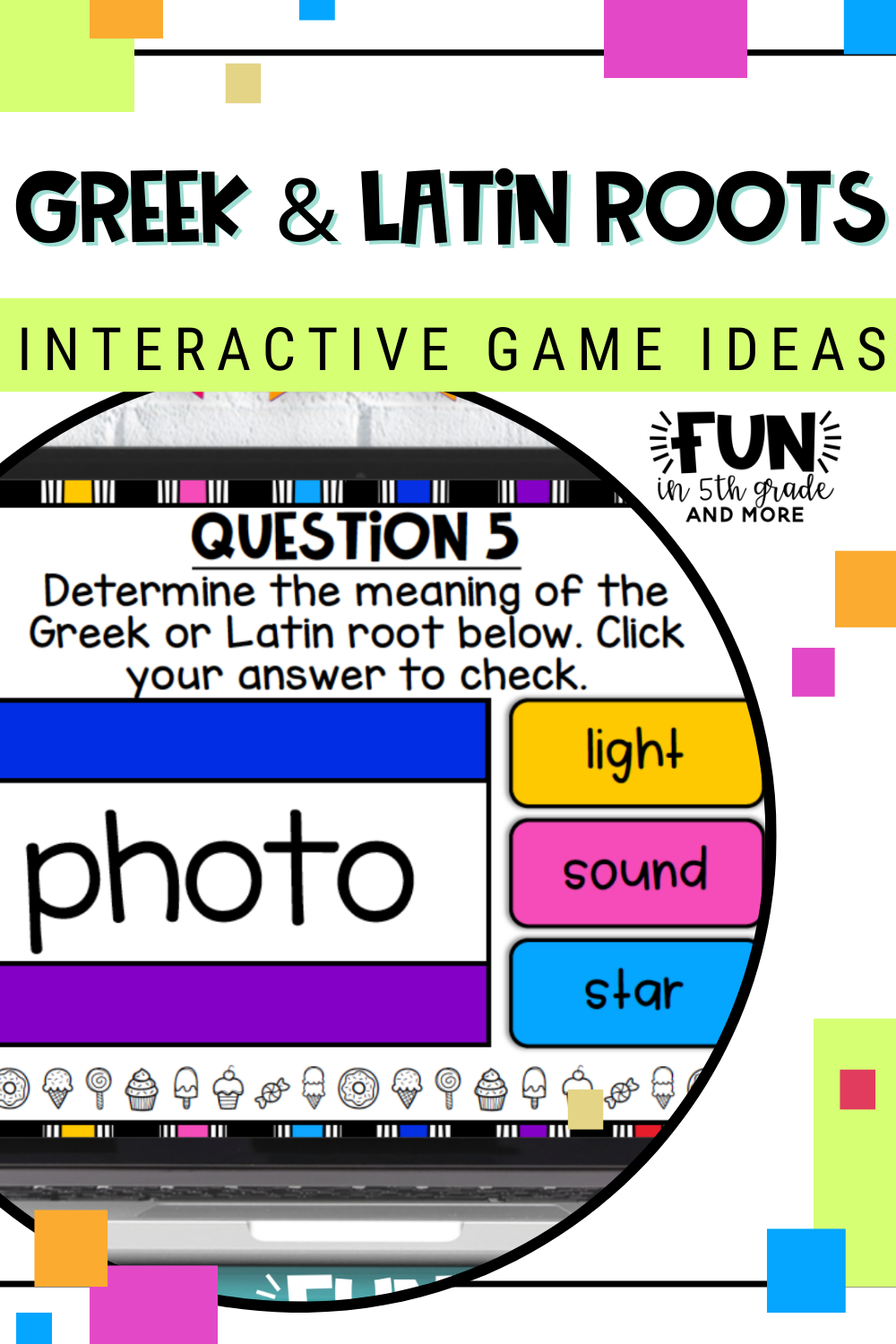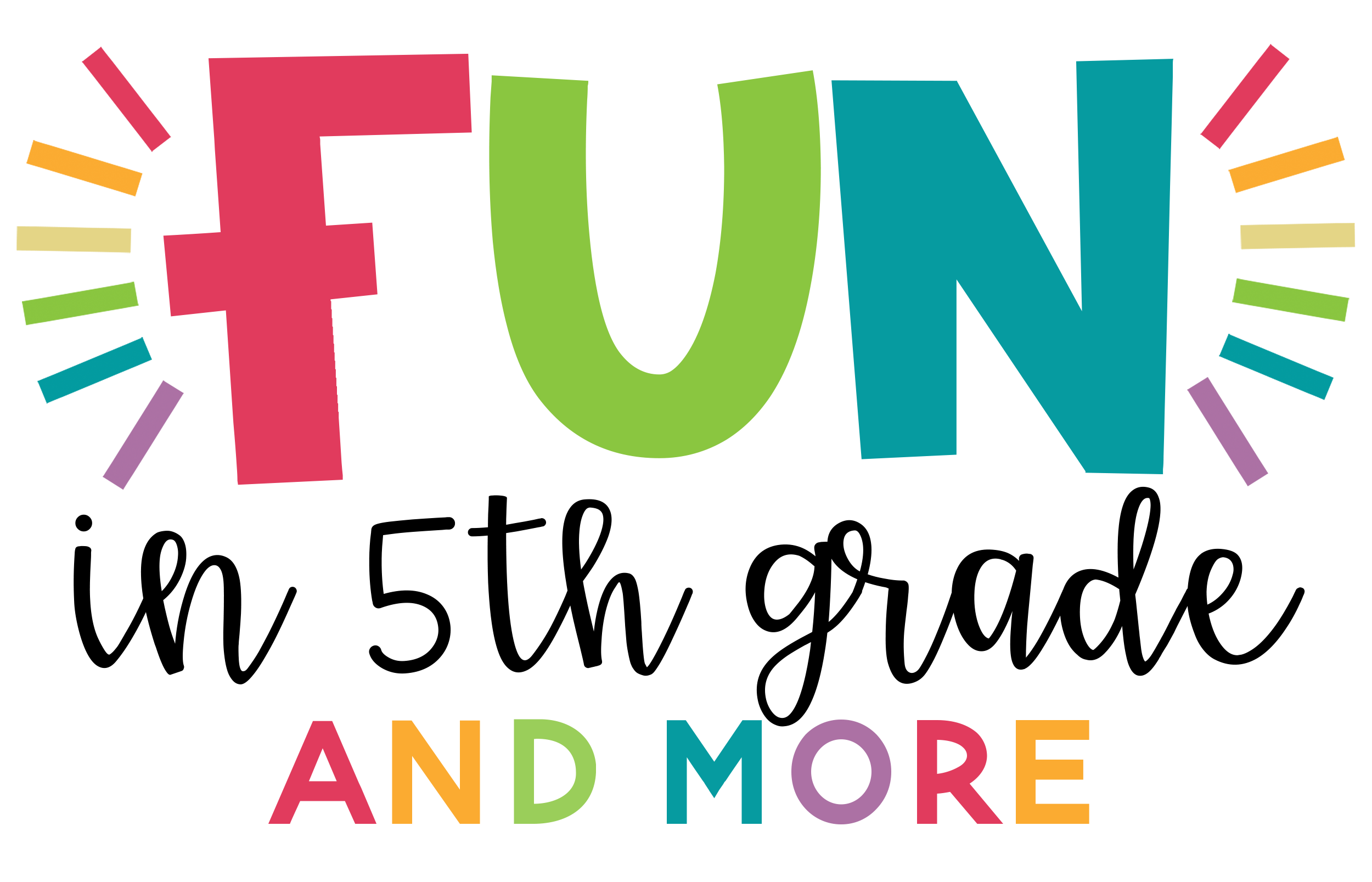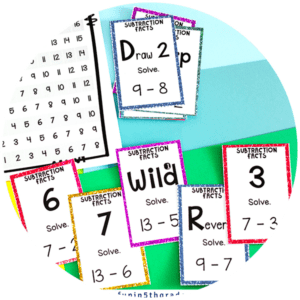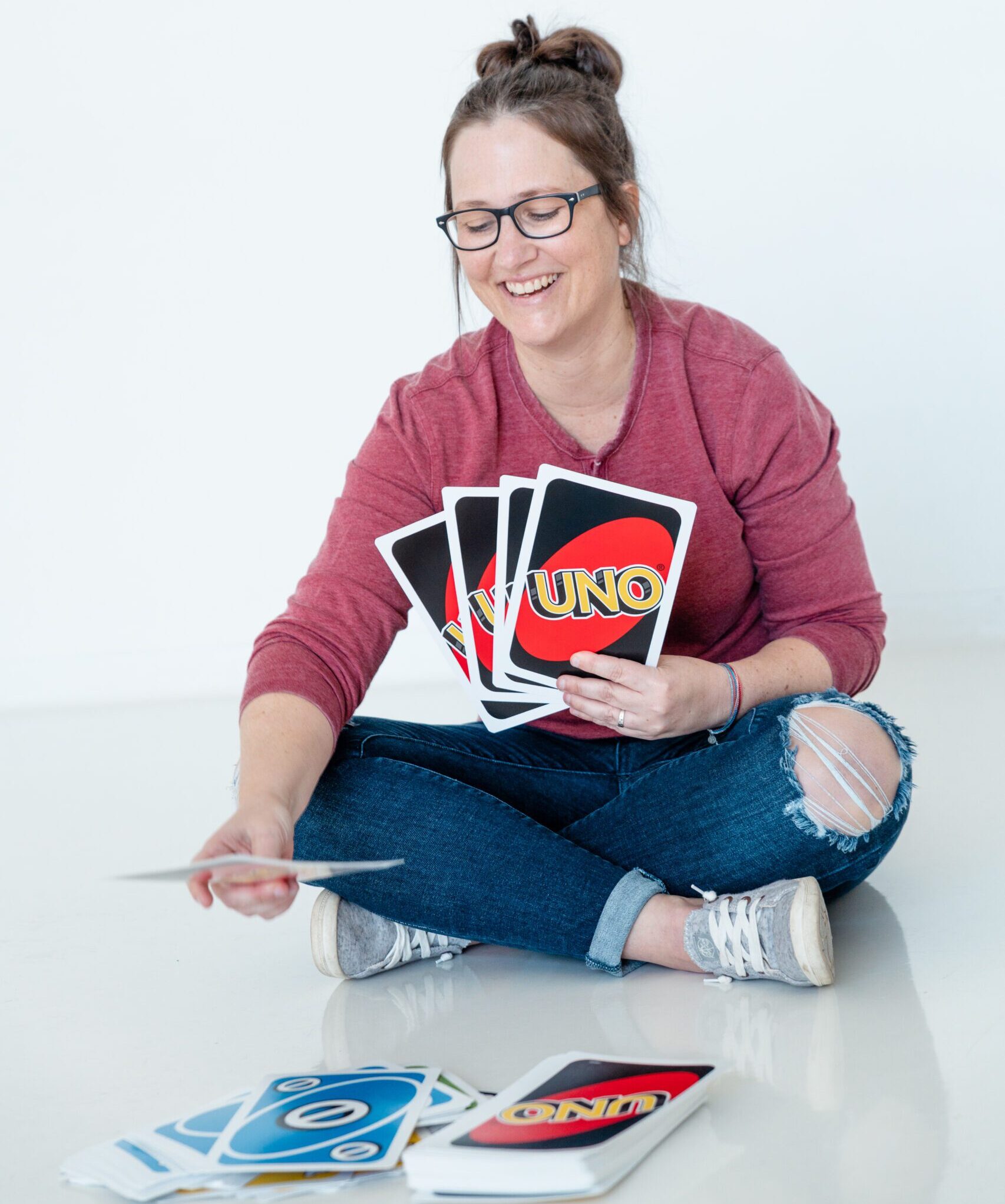
Practice Greek and Latin root words with interactive games like matching, races, and digital board games.
Breaking down and decoding words by using word parts is nothing new in education. In fact, it is a very common strategy for teaching vocabulary and language, whether you are working within your first language or your third.
Thinking through a word by identifying its parts can make the word more accessible. For kids who are learning vocabulary, root words are like having the code to a complicated lockbox.
Personally, I think that using word parts actually makes learning vocabulary more like learning math.
In this post about teaching Greek and Latin root words to upper elementary students, we talked about how root words allow learning new vocabulary to become formulaic, like a math equation. If that intrigues you, be sure to check it out!
So, we know learning root words is important and helpful, but how do we practice word parts without them becoming redundant or boring?
Today we are going to talk about how you can practice Greek and Latin root words with interactive games AND provide several ideas to get you started.
How to Practice Greek and Latin Root Words with Interactive Games
First, we have to acknowledge that unlike a lot of instruction in ELA, which can be very subjective, Greek and Latin root words and their meanings are objective. This means that they have one clear answer and/or meaning. This makes them great for games because we can quickly check answers and determine winners.
Create a Go-To Deck of Cards
The first thing I suggest teachers do if they are going to practice Greek and Latin root words with interactive games is to create a deck of root word cards.
On one card, you’ll write the root, and on another, the definition. Do this until you have a full set of word/definition cards for all of the Greek and Latin roots your class learns each year.
You can then use those cards in a variety of ways throughout the year.
Ideas for using your root word deck
- Matching/Memory Game
- Dealing out the deck to the class and then giving them 1 minute to try to find as many pairs as possible.
- Daily student matching: hand out one card to each student each day, and then have them use the cards as a way of deciding partners for an activity.
- Throw the cards into the air, and then time the students to see how long it takes them to pair them all up.
The options are endless. You can also ask your students if they have any ideas for how you can use this deck of roots/definitions to practice. I’m sure some of your students may come up with some pretty creative ideas.
Different Ways to Play
When you consider different ways to practice Greek and Latin root words using interactive games, make sure to include some games that are for individuals, some that are in small groups, and even some that involve the whole class playing at once. This variety will provide a variety of opportunities to practice, but also different ways of scaffolding the information for students.
You may have students start with an activity that allows them to work in small groups. This option provides all students with exposure to the words, but they don’t have the pressure of trying to make decisions on their own yet. Once they gain a little more confidence, they may work through a game with a small group of peers or as a part of a whole class game.
Remember: Some students may need to stick in the ‘exposure’ stage a little longer than others, so keep that in mind as you decide what games you’ll play each day. Students in an ‘exposure’ stage need more repetition and ‘no-fail’ practice than those who are able to work on their own. (The digital games we talk about below could be used with small groups, or they could be used for individual practice. These games used as individual practice are good options for students who just need to review the root words without any competition.)
Model Your Games After Others
Another way to come up with interactive games to practice root words is to observe the styles of games your students enjoy playing and then create a game that is similar.
For example, if students like Jeopardy-style games, you can create an easy Jeopardy board that works on root words.
- To set up this kind of game, write words that include the roots you’ve been working with on index cards.
- Then flip them over and write a point value on them.
- Next, hang the cards on the whiteboard.
- When it is their turn, students will call out a row and a point value.
- The teacher will read the word that is on the card, and the students will state the root word and the definition of the root.
- If they get it right, the student wins the points.
- The student or group with the most points, when all the cards are flipped over, wins.
If your students like card games, add root word practice to a simple card game.
- Take a deck of cards and write a word that contains one of your class root words on each card.
- Then the students can play a card game they are already familiar with (e.g., Go Fish); however, this version of the game has a twist.
- In order to play any of their cards, the students have to announce what the word is, what root it includes, and the definition of the root.
- If they are correct, they can play the card. Or, in the case of Go Fish, take the card. If they are wrong, they will be told the answer, and they’ll have to wait until their next turn to try the move again.
If your students like board game-style activities, create a simple board game with your class’s root words.
- Get an old, used game board (from any game) and write root words on all the spaces.
- Students will then take turns rolling a die or spinning a spinner and moving a token around the board.
- When a student lands on a space, they’ll read the root word and then provide the definition.
- If they are correct, they will remain on the space. If they are wrong, they’ll go back to their previous location.
- The first student to get to the end of the game wins!
All of these games take a little bit of prep, but once they are ready to go, you can use them over and over. But sometimes want to practice Greek and Latin root words with interactive games that don’t require any additional prep from us.
If you want an easy, no-prep activity that is board game in style, check out these digital review games! This game comes in two levels and allows students to practice their Greek and Latin root words in a fun, digital board-game environment.
More Ways to Practice!
Want even more ways to practice Greek and Latin root words with interactive games? Here are some additional ideas.
- Give students some chalk, and let them create crossword puzzles using the root words on the sidewalk. The words in the puzzle could be the roots themselves, or they could be the definitions. The clues would then be the other parts.
- Do grouping challenges where you give students a variety of roots, affixes, and prefixes on index cards. The students will then have to find different ways to group the cards. Students may create groups of examples and non-examples or groups based on how the word part is used. Give students the freedom to decide as a team how they want to group their words. They will then explain their choices to the rest of the class. The group with the most interesting grouping choice will win the challenge.
- Try out some root word races. Go into a gym or even outside. Hang up a variety of words that contain the roots that you’ve been practicing. Then give each group of students a stack of cards with root words on them. Instruct the students to race around and match the roots on the cards with the words that are hanging up. Time the group as they work. The fastest group wins. You can do the same activity again using definitions instead.
Note: Finding ways to practice Greek and Latin root words with interactive games that allow students to get up and moving will engage more of their senses and can sometimes lead to better memorization.

The goal is to practice Greek and Latin root words with interactive games as often as possible to keep the information fresh and the information coming at kids in lots of different ways. You can use these kinds of games to start the day, as a lead up to lunch, or even as an activity for the days before breaks.
Knowing word parts is going to continue to be important to a child’s understanding and their reading comprehension, so the more practice they can get with these roots, the better!








